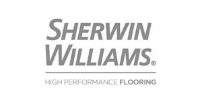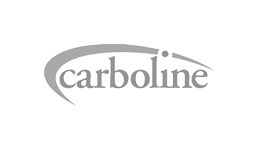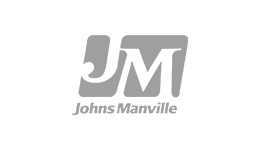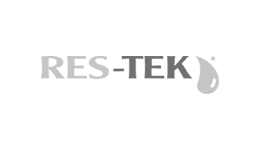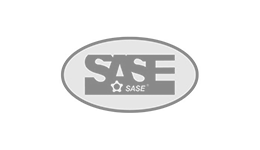Tennessee
401 Sand Hill Rd.
La Vergne, TN 37086
Phone: 615-280-2100
Hours: 8:00 AM – 5:00 PM CST
401 Sand Hill Rd.
La Vergne, TN 37086
Phone: 615-280-2100
Hours: 8:00 AM – 5:00 PM CST
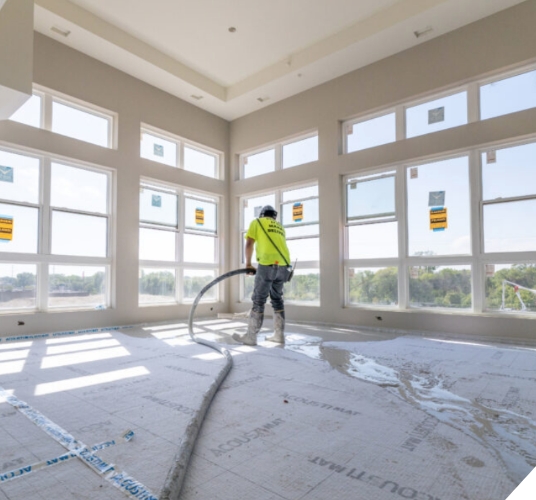
Discover the benefits of selecting a full-service resource for your next building project. Our Structis® team in Tennessee provides quality underlayment services for use in multifamily, commercial, and residential construction. We’ve been proudly and successfully serving the South-East for over three decades.
Scope: Tenant Improvement | Finished Flooring
Products: Maxxon® VersaTop™ and Maxxon® HydroSeal™
Contractor: Craine Construction
Scope: Structis out of Nashville, TN secured the contract to apply around 7 inches of Low-Density Fill (LDF) over the existing parking deck, topped with 1 inch of Maxxon® Level-Crete.
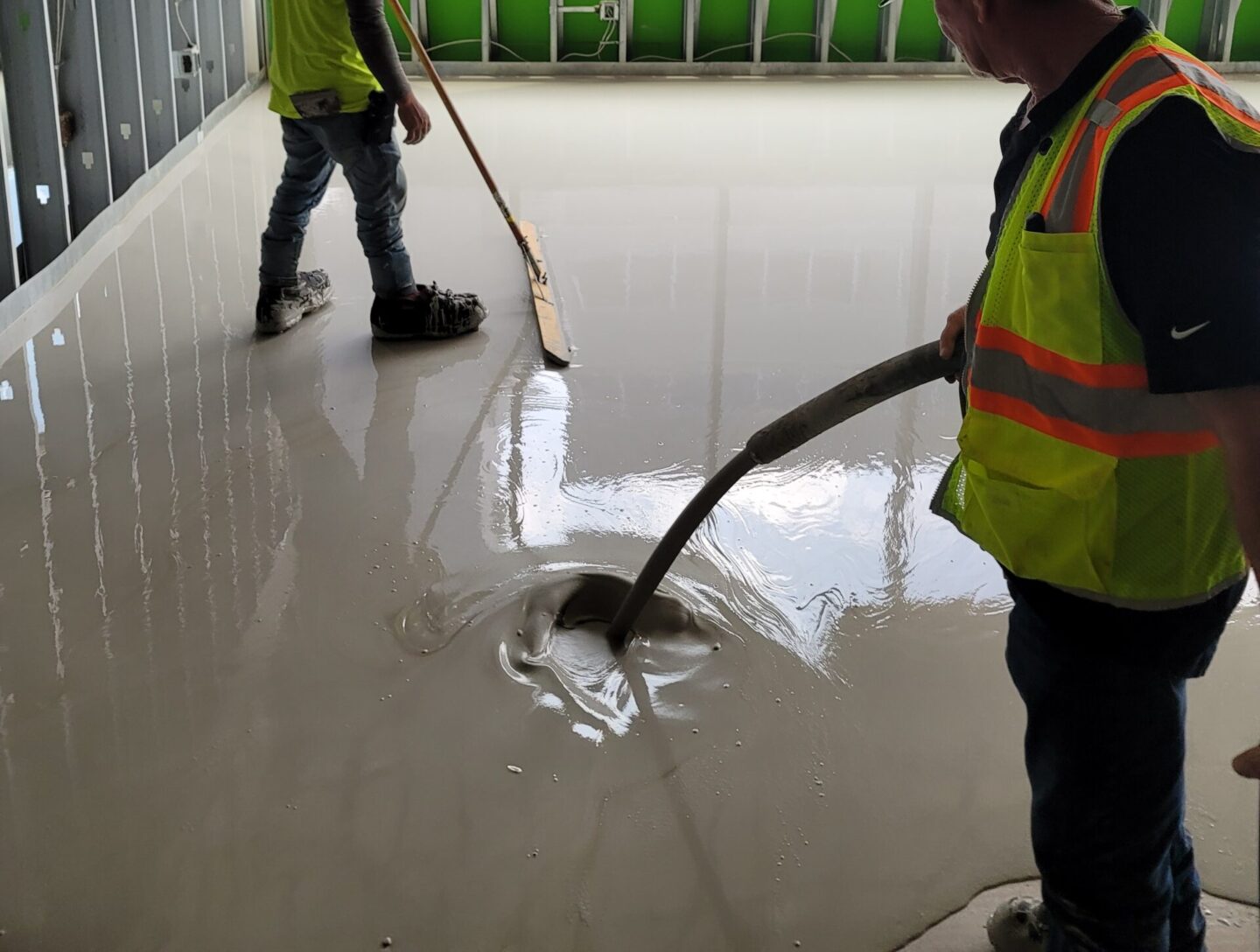
Scope: We implemented a precise leveling solution to correct floor inconsistencies in the renovation of the 50 Music Row Hotel. Using 300 bags of Maxxon® Level-Crete™, we poured from 4 inches to 0 inches to level the front lobby and several additional rooms. This process created a smooth, even surface, ensuring a stable foundation for the final flooring installation.

Scope: 50,000 sq.ft Gyp-Crete 2000®/3.2K over Acousti-Mat® 3/4, poured at a depth of 1 1/2″ – 2″
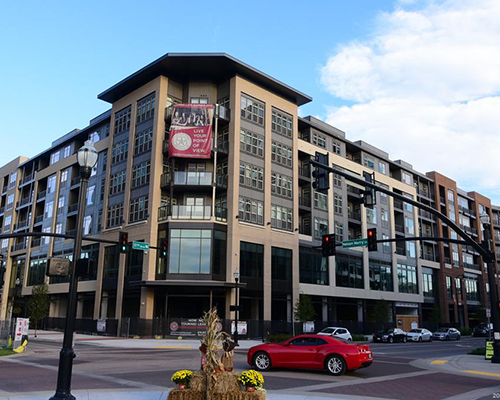
Contractor: HOAR Construction
Scope: 304,000 sq.ft Gyp-Crete 2000®/3.2K over Acousti-Mat® 3/8 90 Elevated balconies waterproofed and concrete poured
IIC and FIIC are measures of how soundproof a material is, but there’s a slight difference between the two terms. Impact Insulation Class (IIC) is the lab rating of a material’s sound resistance. Field Impact Insulation Class (FIIC) is a more accurate on-site test that takes the combined soundproofing materials into account. These measures are both based on how well the chosen material reduces impact noises like footfall, scraping, jumping, etc. With a higher IIC or FIIC (multifamily buildings want to be around 55 FIIC), there’s a higher level of acoustic insulation in a material, which means that sounds are significantly reduced.
IIC and FIIC are measures of how soundproof a material is, but there’s a slight difference between the two terms. Impact Insulation Class (IIC) is the lab rating of a material’s sound resistance. Field Impact Insulation Class (FIIC) is a more accurate on-site test that takes the combined soundproofing materials into account. These measures are both based on how well the chosen material reduces impact noises like footfall, scraping, jumping, etc. With a higher IIC or FIIC (multifamily buildings want to be around 55 FIIC), there’s a higher level of acoustic insulation in a material, which means that sounds are significantly reduced.
IIC and FIIC are measures of how soundproof a material is, but there’s a slight difference between the two terms. Impact Insulation Class (IIC) is the lab rating of a material’s sound resistance. Field Impact Insulation Class (FIIC) is a more accurate on-site test that takes the combined soundproofing materials into account. These measures are both based on how well the chosen material reduces impact noises like footfall, scraping, jumping, etc. With a higher IIC or FIIC (multifamily buildings want to be around 55 FIIC), there’s a higher level of acoustic insulation in a material, which means that sounds are significantly reduced.
IIC and FIIC are measures of how soundproof a material is, but there’s a slight difference between the two terms. Impact Insulation Class (IIC) is the lab rating of a material’s sound resistance. Field Impact Insulation Class (FIIC) is a more accurate on-site test that takes the combined soundproofing materials into account. These measures are both based on how well the chosen material reduces impact noises like footfall, scraping, jumping, etc. With a higher IIC or FIIC (multifamily buildings want to be around 55 FIIC), there’s a higher level of acoustic insulation in a material, which means that sounds are significantly reduced.
The first step to exceptional services is getting in touch.

